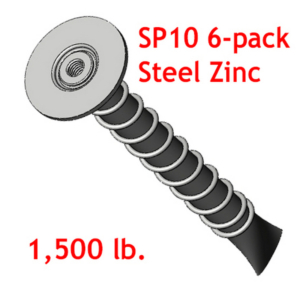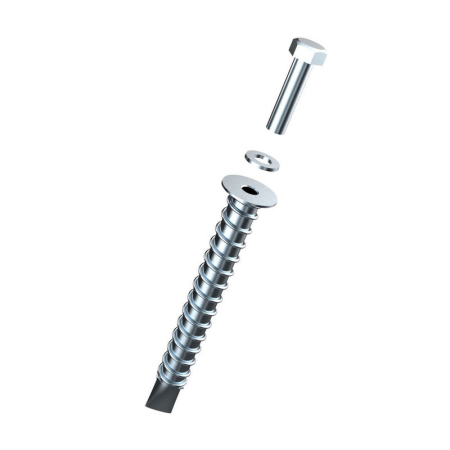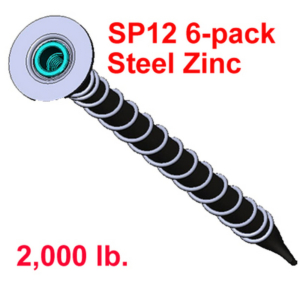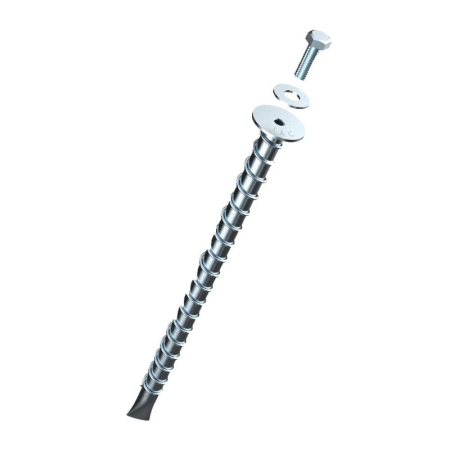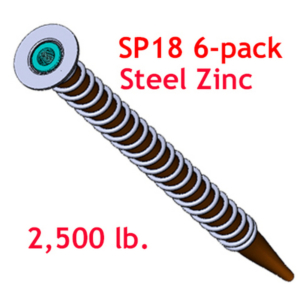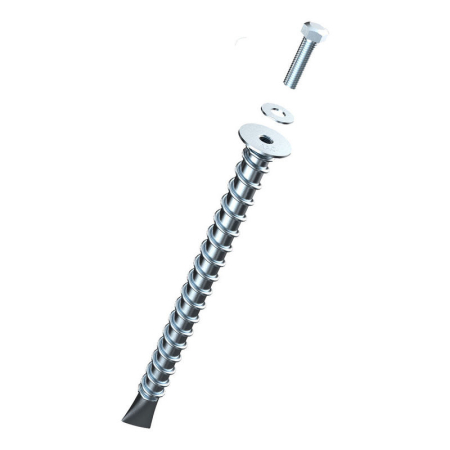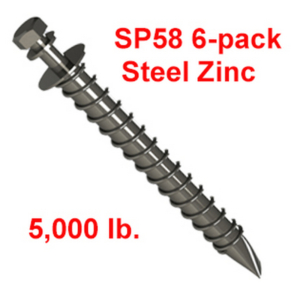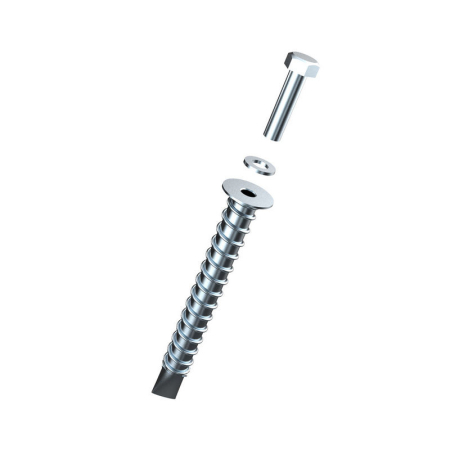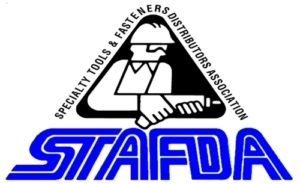Hospital Tents
During the era of the coronavirus pandemic, hospital tents have come into use on a much larger scale than ever before. With hospital facilities and healthcare clinics becoming overcrowded, the overflow has spilled into semi-permanent and permanent hospital tents where patients can receive treatment from skilled personnel, with no loss of effectiveness. In fact, the manufacturers of hospital tents have been scrambling in recent months to keep up with the demand for these extremely useful, and now necessary, structures for accommodating patients. Here are some facts about hospital tents that you should keep in mind if your healthcare organization is considering the purchase of such a structure.
Features
The best hospital tents provide complete shelter from the weather, and are waterproof as well as resistant to strong winds. Any patients being housed in such structures can be kept safe and comfortable because the tent won’t be dripping water on the occupants during a heavy rain. Of course, a hospital tent isn’t quite as convenient as being situated right on the hospital premises themselves, but during times of emergency some conveniences must be dispensed with.
Securing your hospital tents
If your hospital tents is being secured to a lawn, stakes are generally used to secure it from being blown away. On an asphalt surface such as a parking lot, you should probably use Asphalt Anchors from MJC Sales & Marketing, since these do the job nicely and will not harm the asphalt. A little extra care must be taken on windy days to make sure the hospital tents is quite secure, and so that no one would be harmed in the event of a structure being blown away.
Benefits
The most important benefit of a hospital tent is that it provides critical extra space for the housing of patients and/or equipment, which would otherwise be unavailable in the main building. With many hospitals being stretched to the limits of their capacity these days, this is a very important point to consider. If you didn’t have this extra space, you would be obliged to turn patients away, and that could be problematic if there are no other healthcare facilities nearby where patients can receive skilled medical care. You can also have your hospital name customized on to the exterior of the tent to bring greater brand awareness to your facility, and to keep your company name in the public eye.
Purpose and Uses
There are quite a few ways your hospital tent can provide value to the community and to your own operation. For instance, it could be used for check-in and waiting areas, drive-through testing, as an area for blood drives, health fairs and expos, courtyards for visitors and for your own employees, and as a break room for your medical staff. In addition of course, your hospital tent can be used to at least temporarily provide care for admitted patients, so they won’t have to be turned away and go somewhere else.
Sizes
Hospital tents tend to be fairly large, depending on the actual purpose they’re being used for. Some are as large as 100′ x 100′, and require solid support from poles and pipes to remain in place. Others can be much smaller, for instance if they’re being used as a check-in area, and these tend to be more modest in size, perhaps 10′ x 10′ or 20′ by 20′. Like most other types of tents, hospital tents generally increase in size by 10′ increments, simply as a matter of production convenience. If you’re purchasing a custom hospital tent, you’ll be able to specify the precise dimensions you want for the kinds of services you expect to deliver from it.
Content for using Asphalt Anchors to hold down tents and canopy structures.
- Tent Spikes, Earth Augers and 55-gallon barrels of water are commonly used to anchor down Tent and Canopy structures. Tent spikes from 42” and longer are time consuming and have limited uplift resistance. Earth Augers also have limit uplift resistance and need special equipment to drive into the payment and dirt below.
- Asphalt Anchors provide uplift resistant values from 1,500 to 5,000 lbs. They install and are ready to use in 15 minutes.
- Instead of driving a 42” Tent Stake, Asphalt Anchors require a 7/8” to 1 1/2” diameter hole and a drill depth from 6” to 10” deep.
- The SP58 Asphalt Anchor provides 5,000 lbs in uplift resistance. That far exceeds the performance of tent stakes and earth augers.
- Asphalt anchors can be installed flush with the surface of the asphalt. This is a great feature for temporary tent or canopy that will be taken down and reinstalled in the future. The tent can be re-anchored in the original Asphalt Anchor. No need to drive a new set up tent spikes into the parking lot. When not in use, the anchor thread opening can be capped with a plastic plug which protects the Asphalt Anchor from the elements.
- Asphalt Anchors save time and money.
- They install in a fraction of the time.
- They provide superior uplift resistance compared to tent stakes and earth augers.
- No special installation equipment is needed
- Anchors are ready to use in 15 minutes
- Corrosion resistant finishes: Zinc Plated, Stainless Steel 304 & Dacromet
Customers also searched for asphalt anchors.

